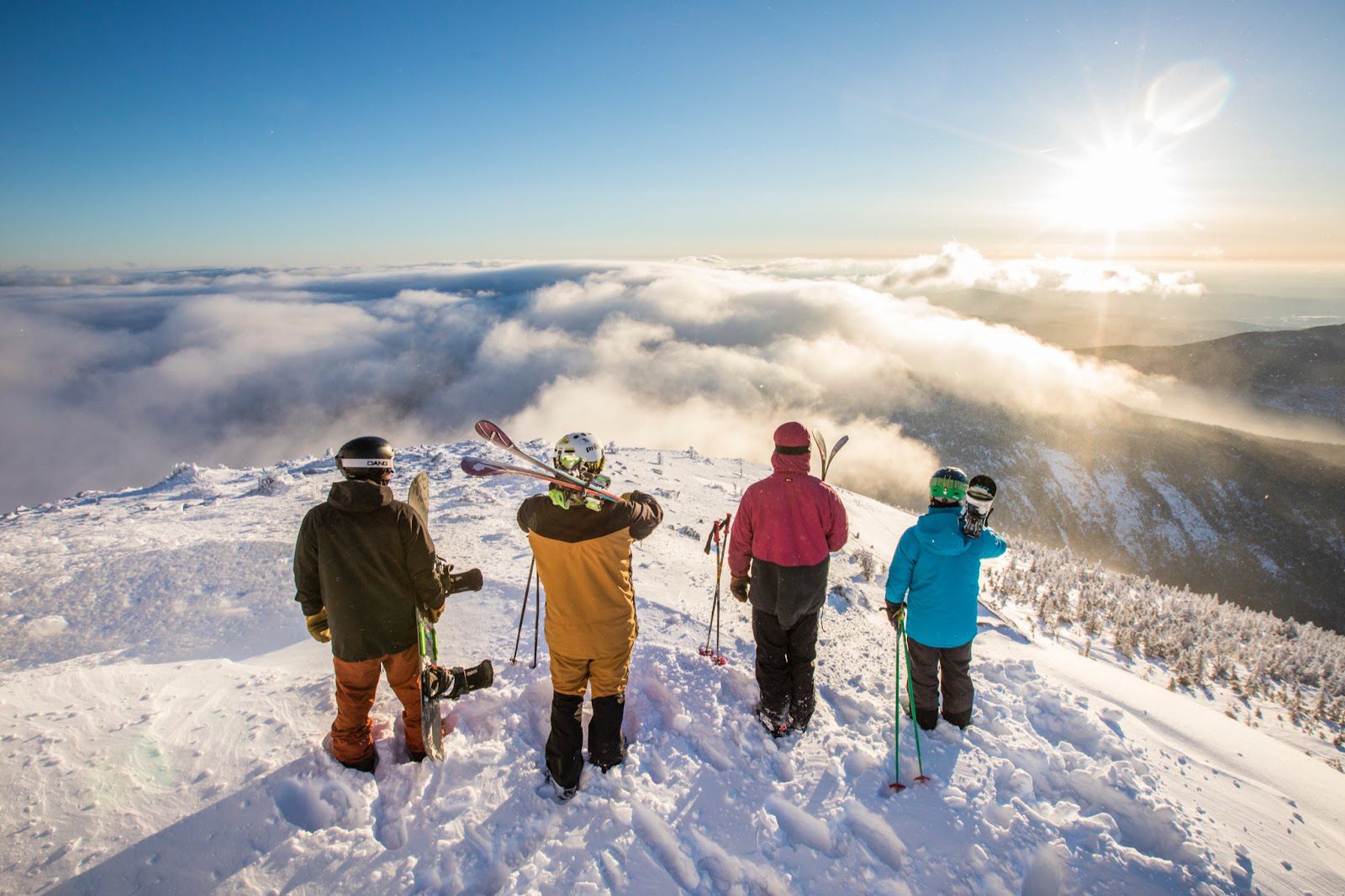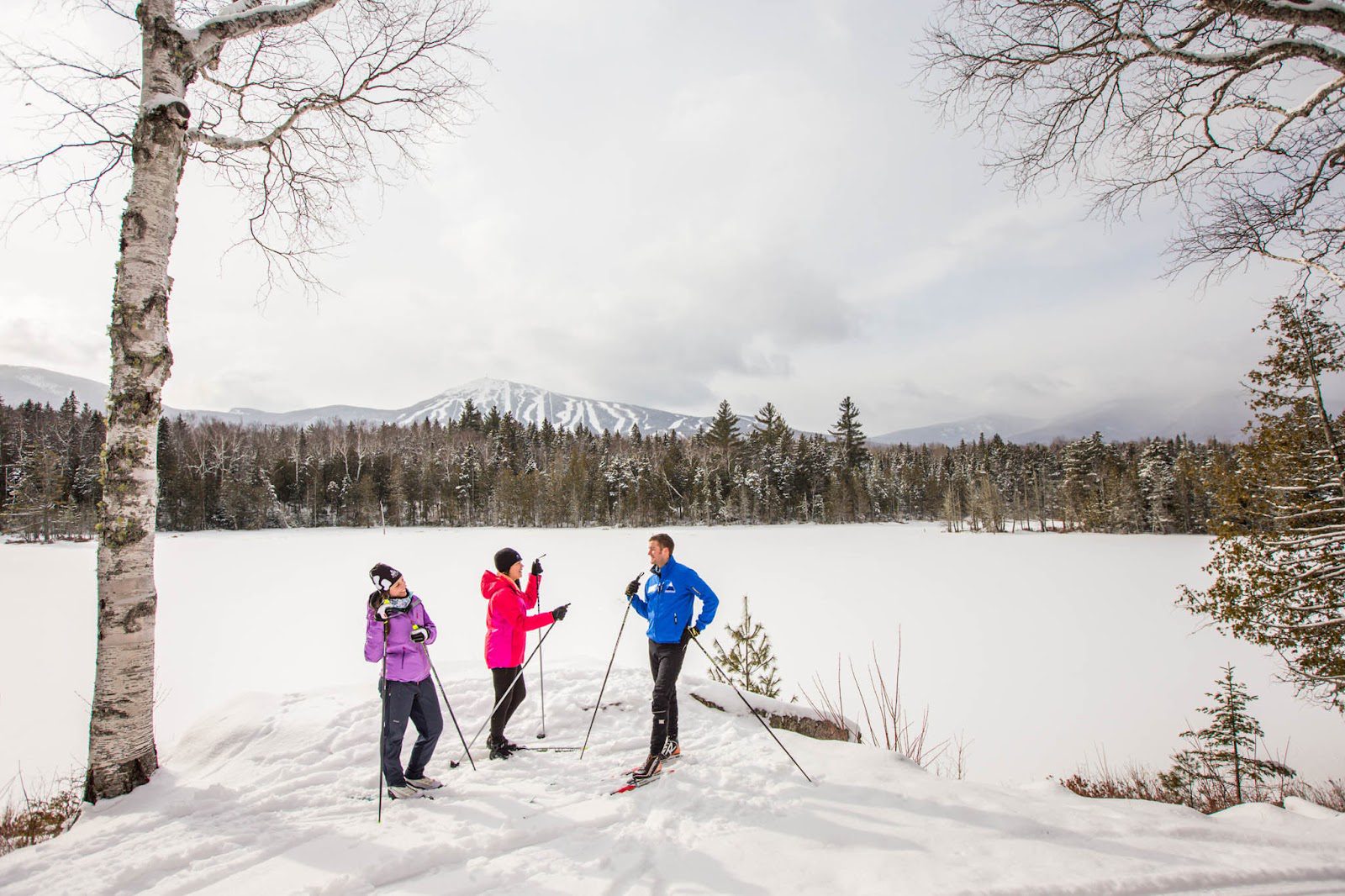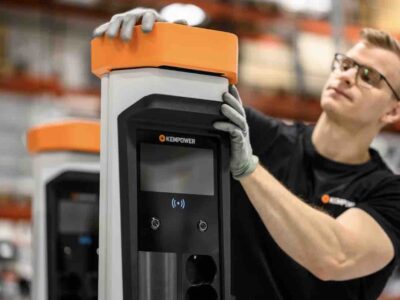Carrabassett Valley is a small town in western Maine. With a reported population of just 761, it is an unexpected location for the East Coast’s second-largest mountain resort.
The village is home to Sugarloaf Mountain – a 1,240-acre skier’s paradise that has been a star in the New England “Ski the East” scene since 1950. The mountain boasts over 60 miles of skiable trails and has hosted international and national alpine events, including the 1971 World Cup and the U.S. National races in 1996, 2006 and 2008. In recent years, the mountain has also committed to protecting the longevity of alpine adventure sports – a quickly shrinking luxury – by joining the National Ski Areas Association (NSAA) Climate Challenge to help combat changes in the climate.
With a rise in global temperatures, experiences like those at Sugarloaf find themselves in grave jeopardy and pose a unique challenge for ski locations across America and around the world.
Few other activities in the modern world foster such a deep connection with nature than alpine skiing. Sprawling mountain scapes with frost-adorned caps near and far never fail to portray the majesty our earth has to offer.
Racing down a well-kept trail, particularly on a clear day (a “bluebird”) lends an exhilaration and resonance with nature that keeps skiers coming back for more, or even dedicating their entire lives to.
To preserve these experiences and to mitigate the rate of damage to alpine environments from dangerous greenhouse gas (GHG) emissions, Sugarloaf Mountain and its parent company – Boyne Resorts – have launched the ForeverProject.
The ForeverProject is a corporate-environmental initiative with ambitious goals to minimize Sugarloaf’s carbon footprint, keep alpine recreation available as much and for as long as possible, and undertake new projects to maximize energy and resource efficiency.
“The ForeverProject represents the next evolution in our long-standing commitment to responsible stewardship of our environment and community,” writes Karl Strand, president, and general manager of the Sugarloaf Resort. “It is a game-changing initiative for the future of our resort.”
Sugarloaf, via the ForeverProject, declares its guiding principles as “mindful efficiency, tireless conservation and innovative collaboration.”

An admirable and necessary endeavor, the ForeverProject faces steep hurdles as it races against changes in the far north climate. Temperatures in Maine have risen 4.9 degrees Fahrenheit since just 1970, according to meteorologist Ryan Breton in a Climate Initiative webinar in which representatives from Sugarloaf participated. While the impact of this has yet to be actualized in its fullest effect, rainfall has increased while snowfall has decreased, and between 21 days of natural snowfall in Western Maine have been lost over the past century, according to scientists.
The Project intends to combat these challenges through carbon neutrality, 100% renewable energy usage, and advocacy for public policy focusing on mitigating or reversing changes in the climate.
“The ForeverProject is our commitment to reduce our carbon footprint to preserve the planet’s climate,” the project’s directors wrote to stakeholders in a 2020 annual sustainability report. “Starting with 100 percent renewable electric energy, we are starting on our efforts to become completely carbon neutral by 2030.”

Sugarloaf has stayed on target with these goals, despite extenuating circumstances plaguing the country and revenue streams throughout 2020. In late May 2021, the resort announced that they have switched to 100% renewable energy by employing renewable energy credits (RECs). RECs are a form of certificate, representing a certain amount of solar or wind-generated energy that can be purchased by corporations who may be unable to source the green energy directly to their facility or operations. Instead, the RECs are “renewable energy that is being generated on [Sugarloaf’s] behalf,” offsetting their energy consumption. 1 REC is equivalent to 1 megawatt-hour of renewable energy and offers an innovative method for corporations to invest in sustainable energy infrastructure and production.
In addition to achieving their 100% renewable energy offsets, Sugarloaf has set a goal for 2030 carbon neutrality – a trend seen across much of corporate America, including Meta Technologies (previously known as Facebook) and Apple.
According to a press release, carbon neutrality by 2030 is listed as Sugarloaf and its parent company’s “marquee” goal. Despite the financial investment that will likely be needed, leadership remains adamant that the move is essential and it is pressing.

“Human-driven climate change is an urgent issue for the world and most certainly for the snowsports industry,” said Stephen Kircher, CEO of Boyne Resorts, the parent company of Sugarloaf Mountain. “Though [Boyne has] been a thoughtful steward of our resort properties over the last eight decades,” Kircher says their team “must do more if [they] are to truly help reverse the effects our carbon footprint has on the planet’s climate.”
Sugarloaf and Boyne Resorts have partnered with renewable energy specialists CMS Enterprises to help accelerate their progress and meet their goals.
As the issue of climate change continues to heat up, collective action to mitigate changes in the climate on the slopes across America will become even more essential than ever to maintain the natural wonder, hobby, and profession of snowsports.





